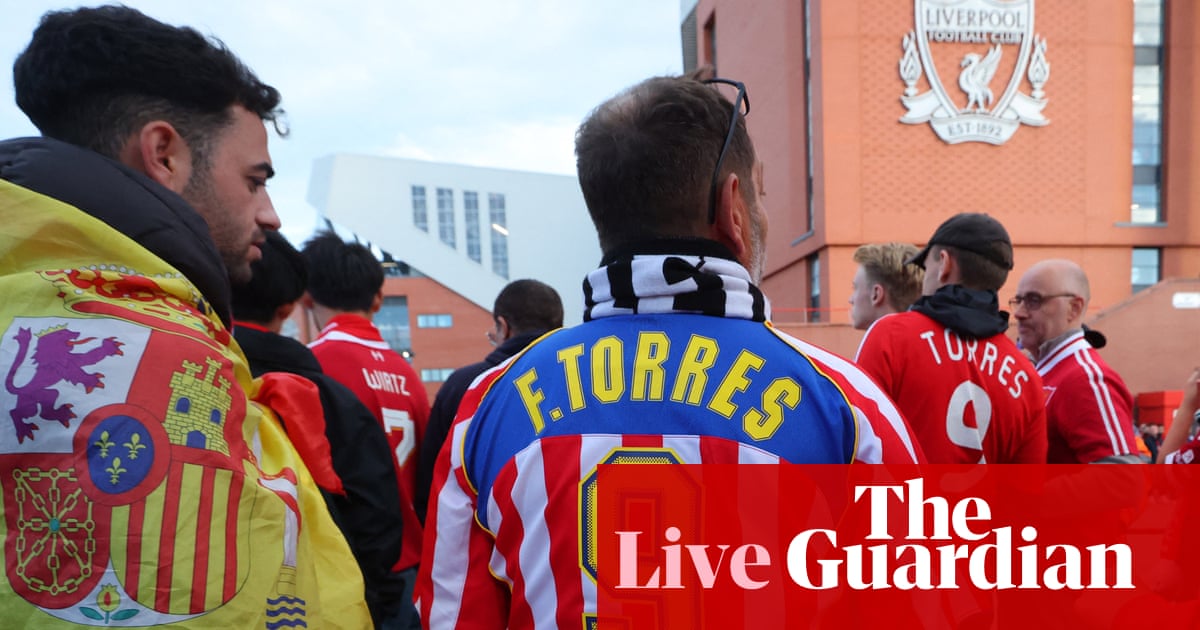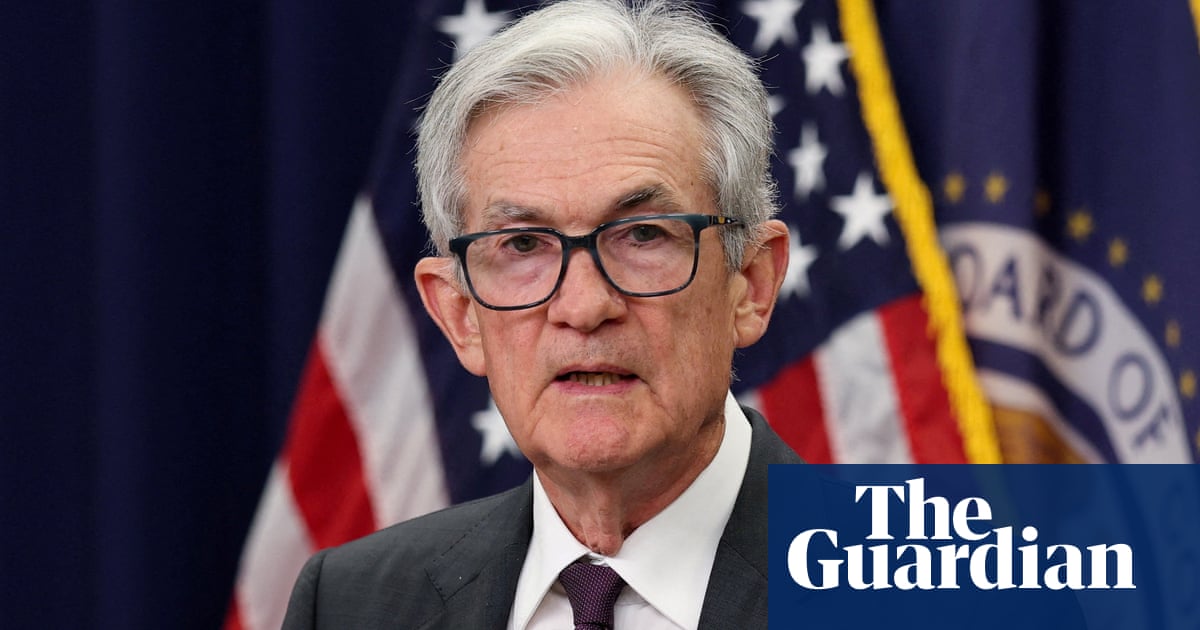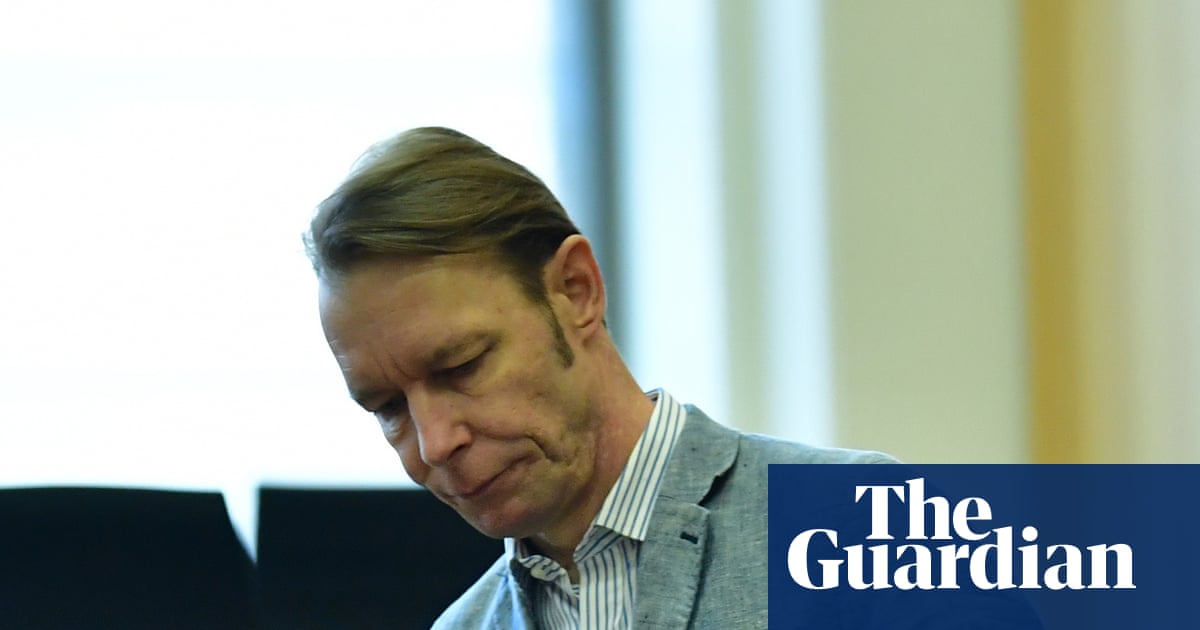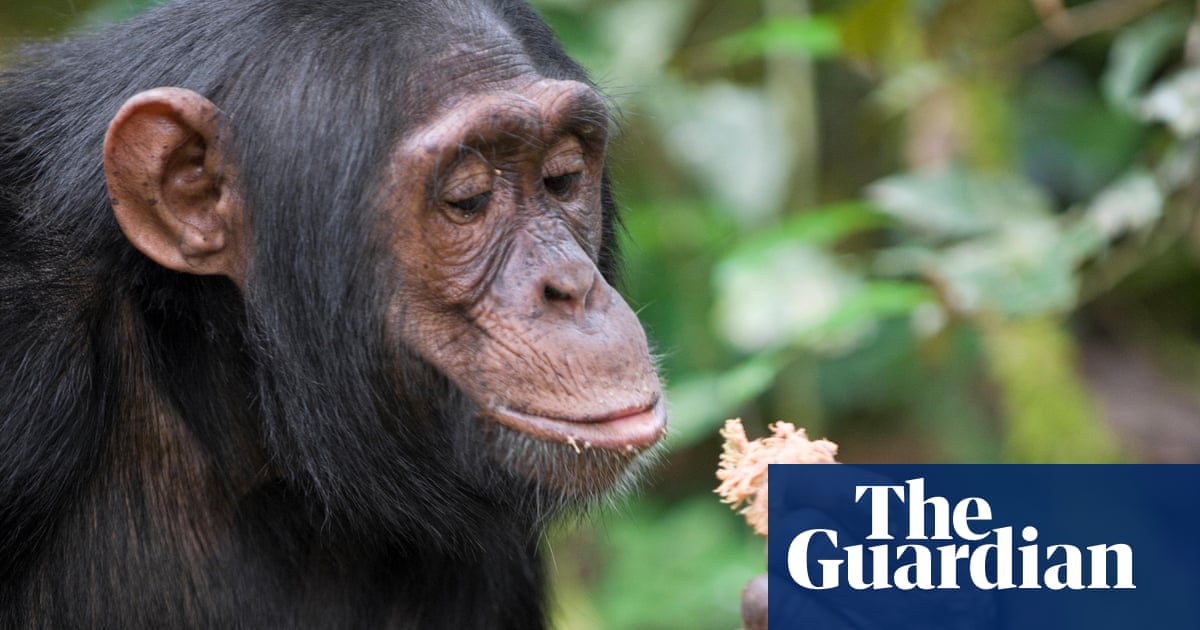Almost £2m given to candidates in the 2024 general election has “essentially disappeared” from the public’s view of British political campaign finance, a report claims.
It notes that 170 candidates received in total almost £2m more than they were legally allowed to spend locally during the election, raising questions about where the surplus funds went after the campaign. The donors who funded them are also tricky to identify, especially if the candidate was unsuccessful.
The effect is a lack of transparency around who is funding constituency campaigns and what subsequently happens to excess funds.
If a candidate received more money than they could spend, they might transfer the surplus to the central party. As a result, parties could use candidates as a “back door” for money from donors hoping to remain anonymous, the report says.
The report’s authors, an academic at the University of Antwerp and a Liberal Democrat peer, have recommended three solutions to make it easier for the public to see who is funding candidates.
“There is a lot of money flowing to candidates that essentially disappears from the readily accessible public record,” Mark Pack, the president of the Lib Dems and a peer, told the Guardian.
Details of donations to central parties and local associations are routinely reported by the Electoral Commission, with extra disclosures made during elections. But contributions given to candidates, and how much they spent, are not available for public inspection from council returning officers until more than a month after polling day.
The Electoral Commission publishes headline figures per candidate on donations and expenditure, without the details of who funded their campaigns, months after the election.
The report’s authors, Chris Butler and Pack, sought a sample of the spending returns submitted by the candidates from the Electoral Commission. The watchdog provided them, but removed the identity of the donors.
This results in an “illogical” situation in which donors who give directly to a party, subject to a minimum reporting threshold, appear in the Electoral Commission’s database, while donors to individual candidates are obscured.
Pack said he thought this was “hard to justify” on the watchdog’s cited grounds of data protection. “The point of there being a place to say who your donors are in the form is so that people can look it up and check,” he said.
Pack believes there are reasonable grounds for the Electoral Commission to revise its position. The government is expected to bring a new elections bill, which could be an opportunity to change the complicated rules on political financing.
As for the almost £2m surplus funds from the last election, “we don’t know what is happening to that money”, Pack said. He suggested that some may have been given to the central parties, which could use it against their national spending limit while benefiting the candidate’s local efforts, such as with target letters to voters in that constituency.
“There is not a clear ‘what did you do with your surplus’ box on the expense forms,” he said.
Butler and Pack also propose the Electoral Commission publish the details of the direct donations as part of its political finance database, and proactively share their data with the House of Commons authorities to ensure candidates who become MPs are properly registering donations.
A spokesperson for the Electoral Commission said: “While the Electoral Commission publishes information on candidate spending to aide transparency, we do not have the legal authority to publish donors’ personal data from candidate returns.
“We recognise that the current political finance framework could be strengthened further, and have recommended that our remit be extended to include candidates, which would simplify the regulatory process for candidates and improve transparency for voters.”

 3 months ago
103
3 months ago
103

















































